May 4-6, 2022, the Eleventh Annual REFORC Conference on Early Modern Christianity will take place in Berlin, hosted by the Sonderforschungsbereich 980 Episteme in Bewegung of the Freie Universität Berlin.

In the tradition of Greco-Roman antiquity and the monotheistic religions as well as in so-called pagan, non-monotheistic religions, the concept of the soul is associated with notions of spirituality, reason, volition, imagination, but also of affectivity and passions. How is the relation of the soul to the body to be thought and what determines the self? Is the soul bound to the mortal body, like a vehicle of the soul, so that the true life begins only in an extracorporeal spirituality? How do bodily and spiritual existence relate to each other and what models play a role in this in pre-modern times? How do theological concepts of freedom, guilt, sin, and self-failure on the one hand and immortality, life after death, redemption, a promise of salvation and afterlife, or immortality of the soul on the other hand intertwine? What models of corporeality, bodiliness, and affectivity play a role in this?
The international conference aims to discuss the relationship between body and soul from a transcultural comparative perspective in the early modern period. We will include positions from different disciplines, e.g. medicine, art history, philosophy, literature, theology, and religious studies because of the plurality of pre-modern cultures.
Simone De Angelis (University of Graz, Center for the History of Science)
Florentina Badalanova (Royal Anthropological Institute London)
Iris Brahms (Kunsthistorisches Institut Berlin)
Eveline Goodman-Thau (Jerusalem), reading session
Hana Gründler (Max Planck Institut für Kunstgeschichte, Florence)
Jochem Kahl (SFB 980 „Episteme in Bewegung“, FU Berlin)
Katja Krause (Max Planck Institut Berlin)
Lukas Mühlethaler (FU Berlin)
Carmen Schmechel (FU Berlin)
The (in-person) conference is open to individual short paper presentations (20-minute presentations) and to thematic sessions of two or three short papers. Papers can focus on all disciplines related to Early Modern Christianity, ca. 1400-1700, such as philosophy, law, history, theology, etc., independent of the theme of the plenary papers.
It is also possible to attend the conference without giving a paper.
Short paper submission closed on April 1, 2022.
Registration becomes effective on receipt of payment of the registration fee. If your short paper proposal has been accepted, please see to it that the amount of the registration fee is on our account before April 1, 2022, so that we can include your paper in the program. Registration closes on May 3, 2022.
REFORC Members (Individual and Institutional) will receive a discount on the registration fee, as indicated in the registration form. Go here for the benefits for Individual REFORC Members and here for the benefits for Institutional REFORC Members.
Short paper submission: April 1, 2022 (extended deadline)
Registration: May 3, 2022
Preferred language for papers is English, but papers in French and German are also welcome. Presenters who prefer to give their paper in French or German are invited to provide the audience with an English summary of about 150-200 words.
The conference volume will be published by Vandenhoeck & Ruprecht in the series Refo500 Academic Studies (R5AS) and will contain plenary papers and a selection of short papers. Another publication venue is the Journal of Early Modern Christianity (JEMC).
Manuscripts for the conference volume can be submitted to the editors (to be announced). All other manuscripts can be submitted to editor-in-chief of the JEMC, Wim François.
Editors will decide on publication.
Visual: Anatomical Man in the Duke Berry’s Très Riches Heures
REFORC Members (Institutional and Individual) will receive a discount on the registration fee. Go here for the benefits for Individual REFORC Members and here for the benefits for Institutional REFORC Members.
The registration fee includes coffee and tea breaks and a reception.
Short paper submission: April 1, 2022 (extended deadline)
Registration: May 3, 2022
All rooms are equipped with a beamer, flipchart, whiteboard, DVD-player, microphone, and laptop. For presentations, please use of the laptop in the room. Presentations can be offered in a pdf or ppt format. You can access the internet wirelessly on the Eduroam wifi network or a separate network. For internet connections during your presentation, or any other technical questions, please contact Louis Berger or Jacob Veidt.
Hotel Steglitz International has blocked 60 standard single rooms for the REFORC Conference, until April 6, 2022. While booking, please use the code “Body and Soul”. Price ca. € 92,00/night incl. breakfast. After April 6, the rooms will be released to general sale.
Up to 56 days before arrival 100% free cancellation.
Up to 42 days before arrival 50% free cancellation.
Up to 28 days before arrival 25% free cancellation.
Up to 14 days before arrival 10% free cancellation.
Up to 0 days before arrival 5% free cancellation.
Hotel bookings can also be made via the official booking website of Berlin.
For questions related to registration and payment, you may send an e-mail to: info@reforc.com.
Refunds will be made for written cancellations received before April 1, 2022, less a € 30.00 processing fee.
S45 direction S Greifswalder Str. to S+U Heidelberger Platz, change to the subway U3 direction Krumme Lanke to Dahlem-Dorf; travel time about an hour. Please check the BVG website (below) for alternative route descriptions.
Suburban train S3 (Spandau Bhf), S5 (Westkreuz), S7 (Potsdam Hbf) ) or S9 (Spandau Bhf) to Zoologischer Garten Bhf, change to subway U2 direction Pankow to U Wittenbergplatz, change to U3 direction Krumme Lanke to Dahlem-Dorf; travel time about 35 min. Please check the BVG website (below) for alternative route descriptions.
The website offers travel and ticket price information:
https://www.bvg.de/en/tickets-tariffs/all-apps
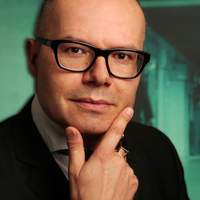
On Philipp Melanchthon's Concept of Body and Soul
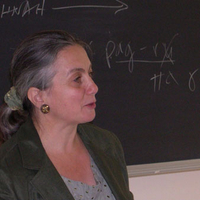
Discussing the Genesis of Human Body and Soul: Anthropogonic Discourses in Judaeo-Christian Apocryphal Writings and Indo-European Oral Tradition
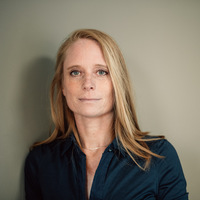
Self-Reflection and Imagination. Visual Concepts of Body and Soul around 1600
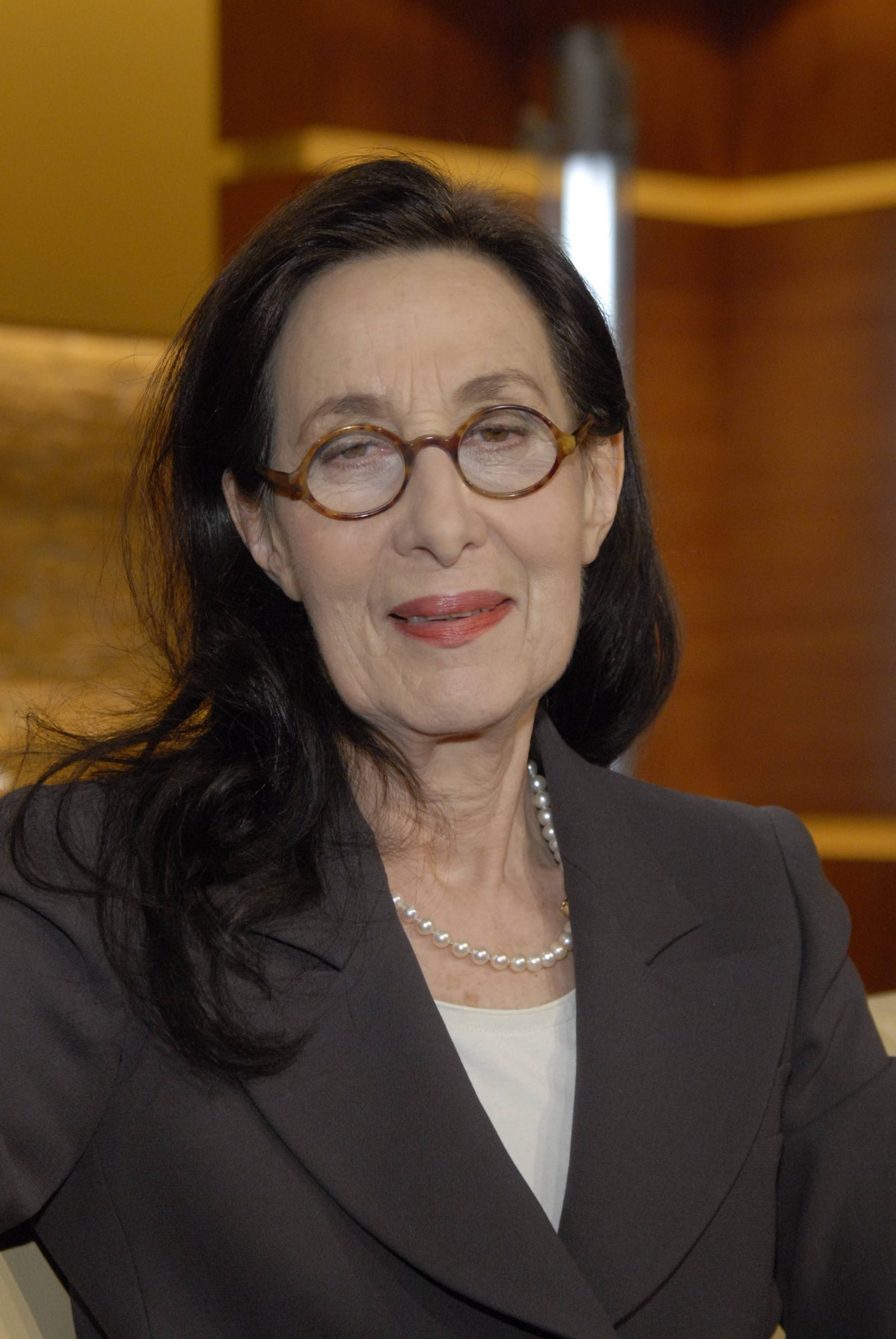
“He gives her a rib and she gives him a soul in return“ – On the Dialectics of Body and Soul as a Paradigm of Holiness from the Sources of Judaism
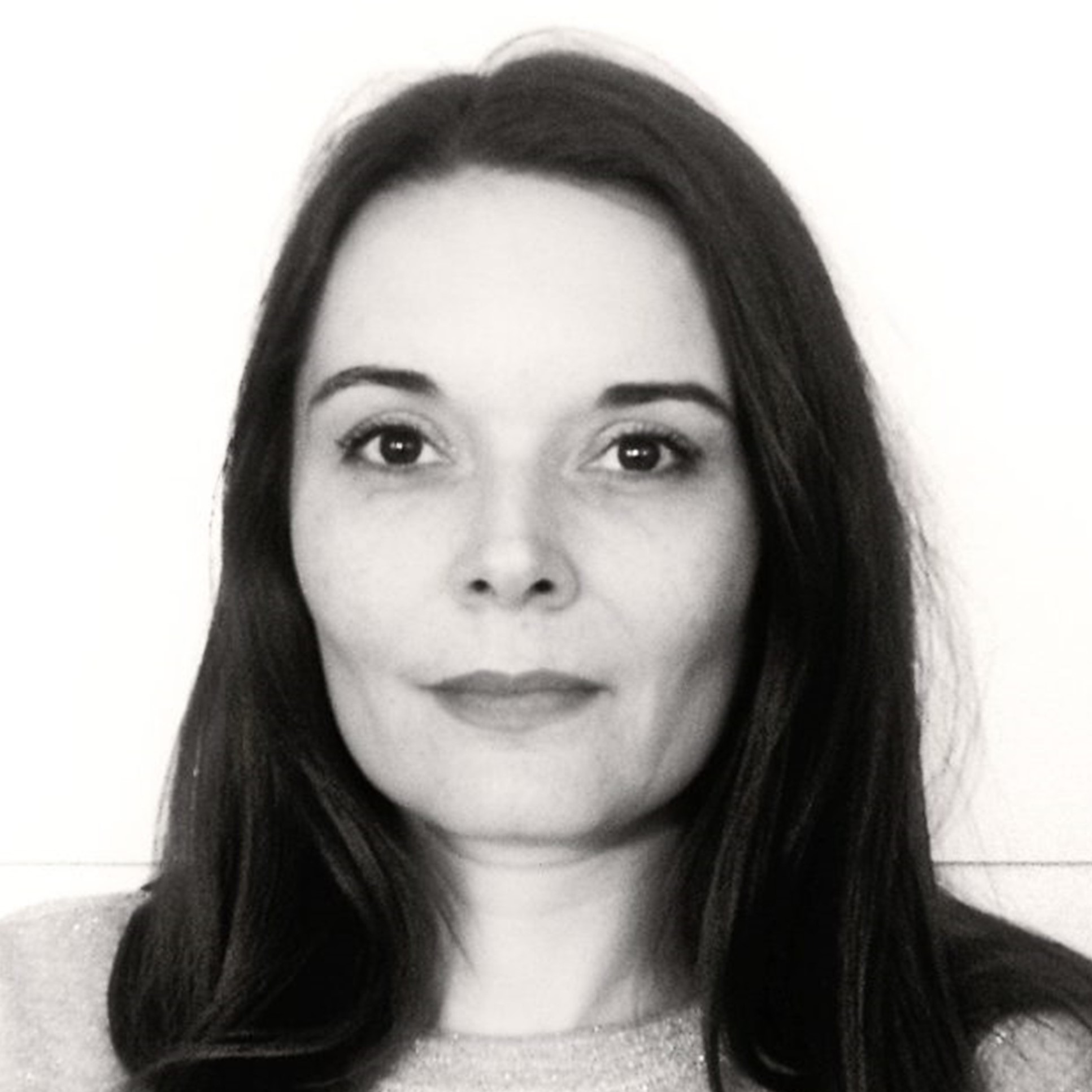
Sculpting the Soul, Building Society: Art, Language and Selfhood in the Florentine Quattrocento
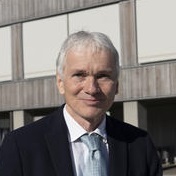
Crossing Boundaries – Posthumous Existence in Ancient Egypt
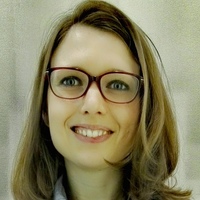
Human Themes in Albert the Great’s Natural Philosophy
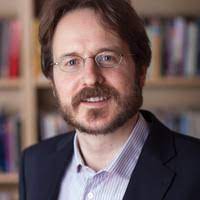
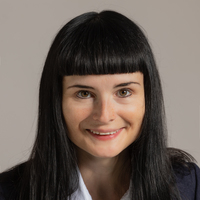
Spiritual Fermentations: Eschatology, Alchemia medica, and Exaltation of Matter